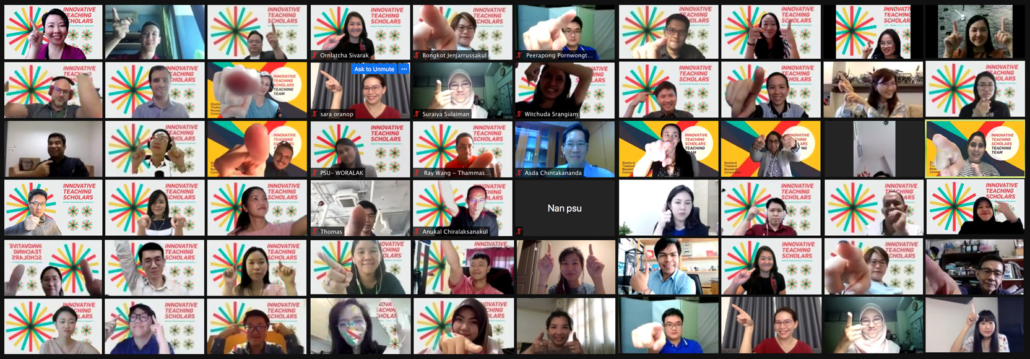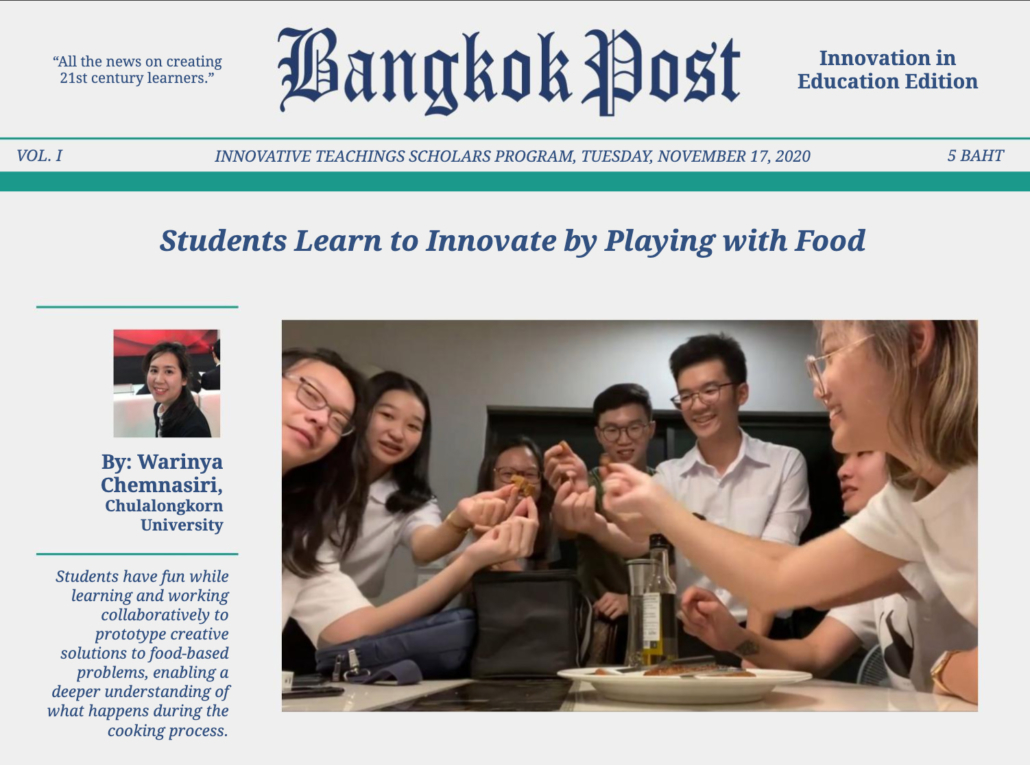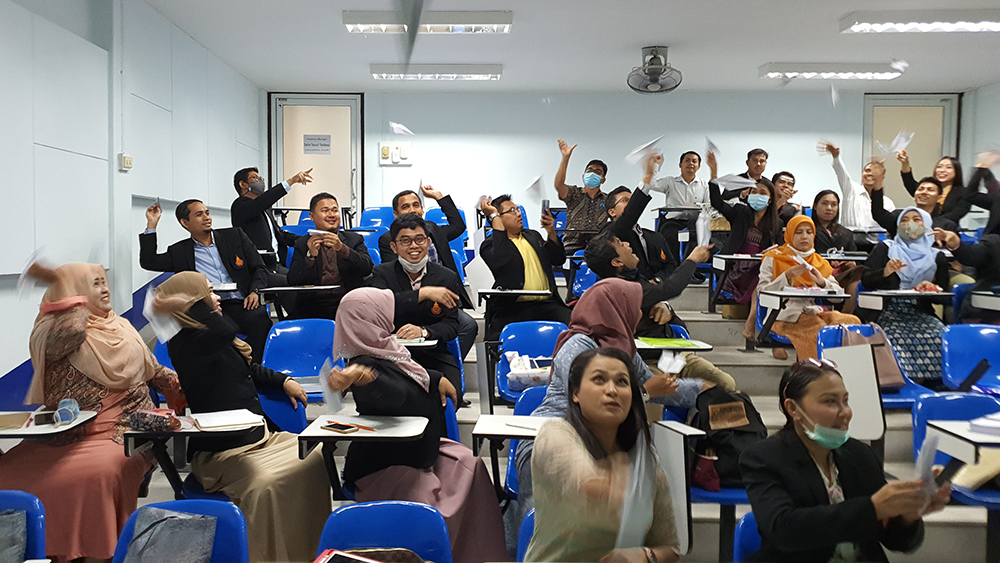22 educators accepted as candidates for the 2021 Faculty Innovation Fellows program
22 educators from 15 higher education institutions from around the world have been selected as candidates in the Faculty Innovation Fellows Program. In this two-year program, faculty and staff work to design unique projects that enhance the innovation ecosystems at their schools and help students gain vital real-world skills and mindsets.
This program is run by the University Innovation Fellows program, which empowers students and faculty leaders to increase campus engagement with innovation, entrepreneurship, creativity and design thinking. The University Innovation Fellows is a program of Stanford University’s Hasso Plattner Institute of Design (d.school).
Participants in the Faculty Innovation Fellows are the mentors (called Faculty Champions) of students taking part in the University Innovation Fellows program. The student program has existed since 2012 and has always involved Faculty Champions, but in this program, the mentors will work together across a global community to support their collective efforts.
“We designed this program to address needs expressed by the faculty and staff in our community,” said Humera Fasihuddin, co-director of the University Innovation Fellows program. “These campus leaders wanted similar resources and a community of practice just like their student Fellows have. Last year was our first prototype and we saw great results. Educators were very engaged. They made great progress on their projects with mentorship and a supportive community. As a result, we’re thrilled to continue offering this program.”
Candidates in the program collaborate with one another to learn new change strategies, develop projects, gather feedback on ideas, and share resources. The program launched in September 2020. The first cohort of candidates met regularly in small groups to share the opportunities for change they identified as well as ideas for projects that can make the most impact for students at their schools. Candidates’ proposed projects include funding programs, new majors, new classes, activities that connect the campus and the community, and more. Each member of the program will have the opportunity to publish an article in the University Innovation Fellows journal, Change Forward, detailing their project and their progress. Those who complete the program will be launched as Faculty Innovation Fellows in March 2023.
Four long-standing members of the Faculty Champion community provide mentorship to the group of candidates: Nick Swayne of James Madison University, Mary Raber of Michigan Tech, Miriam Iliohan of the University of Twente, and Ilya Avdeev of University of Wisconsin Milwaukee.
“Candidates in the Faculty Innovation Fellows program are doing this work because they see opportunities to improve their schools and because they believe in the power of change from the bottom up,” said Fasihuddin. “We can’t wait to see what these change makers can accomplish!”
The candidates in the 2021-2023 Faculty Innovation Fellows program are:
- Erica Noelle Hernandez, Bowie State University
- Julie Ann Messing, Central Michigan University
- Kelle Kathleen DeBoth, Cleveland State University
- Nicholas Zingale, Cleveland State University
- Yudistira Dwi Wardhana Asnar, Institut Teknologi Bandung
- Abdul Munif, Institut Teknologi Sepuluh Nopember
- Melanie Bowman, Khalifa University of Science and Technology
- Alliya Rose Anderson, Khalifa University of Science and Technology
- Jessica Wong, Lingnan University
- Bongkot Jenjarrussakul, National Institute of Development Administration
- Chanansara Oranop na ayutthaya, National Institute of Development Administration
- Michael Dominik, Rowan University
- Sunita Kramer, Rutgers University
- Stephane Yu Matsushita, Tohoku University
- Takeshi Kato, Tohoku University
- Felipe Wilson, Universidad de los Andes, Chile
- Daniel Flores Bueno, Universidad Peruana de Ciencias Aplicadas
- Jorge Bossio, Universidad Peruana de Ciencias Aplicadas
- Norma Silvana Balarezo, Universidad Peruana de Ciencias Aplicadas
- Magna Guerrero, Universidad Peruana de Ciencias Aplicadas
- Aaron Bradley, University of Cincinnati
- Julieta Matos Castano, University of Twente
Learn more about the Faculty Innovation Fellows program at https://universityinnovationfellows.org/faculty-innovation-fellows-program/.






